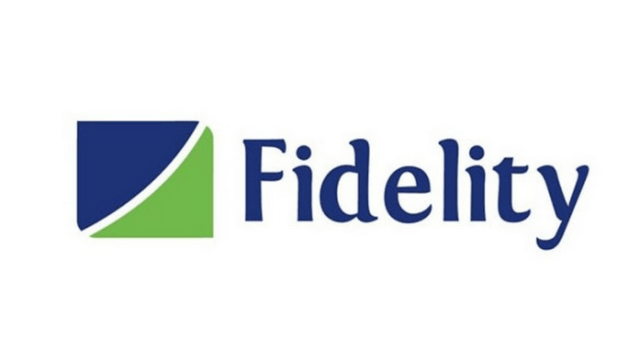Leading Nigerian lender, Fidelity Bank PLC, recently introduced several talent development initiatives to not only bolster its employees competence but ensure they are adequately prepared for the evolving banking landscape.
The bank’s move is in recognition that the greatest company’s asset is its staff.
Human resource expert have also emphasised the importance of the time and energy invested to develop employee’s skills by forward-looking organisations.
Highlighted by leading global brand, Forbes, talent development ensures job security- an advantage that Fidelity Bank has harnessed to empower its staff.
For instance, the Bank commenced the Policy Familiarization Programme and Project Alpha.
Through these programmes, aimed at building a knowledgeable and versatile staff network, the leading bank has systematically trained all categories of staff, turning their employees into subject matter experts in all areas of business.
At all levels, the Bank provides the necessary support and data needed by its staff.
At the training, it assesses employees to ensure understanding and internalisation of the principles.
Managing Director and CEO, Mrs Nneka Onyeali-Ikpe, who since assuming leadership of the bank on January 1, 2021, has introduced several talent development initiatives said: “Abraham Lincoln is famously quoted as saying he would spend four out of six hours given to cut down a tree to sharpen his axe.
“This aptly summarizes our position as an organization when it comes to developing the competence of our staff. For us at Fidelity Bank, talent development is not only non-negotiable; it is a critical factor in the success of our business even in the short term.
“Consequently, we will continue to introduce diverse initiatives to ensure our workforce remain adequately equipped with the right skills to deliver on our goals.”
To ensure effective knowledge transfer, Fidelity Bank has increased the retirement age of staff with the aim of providing a deep reservoir of knowledge and experience for younger employees to draw from and mentorship for accelerated growth.
This move also ensures a seamless transfer of the much-needed skills and experience that have helped older staff navigate the ever-evolving banking system.
It will be recalled that the Bank recently announced Workforce Transformation as one of the seven strategic pillars designed to help the bank achieve tier-1 status.
This transformation will be achieved by deepening the skills and competencies of staff across the bank, entrenching a culture of high performance, and embedding new ways of working in the bank.

 Join Daily Trust WhatsApp Community For Quick Access To News and Happenings Around You.
Join Daily Trust WhatsApp Community For Quick Access To News and Happenings Around You.


